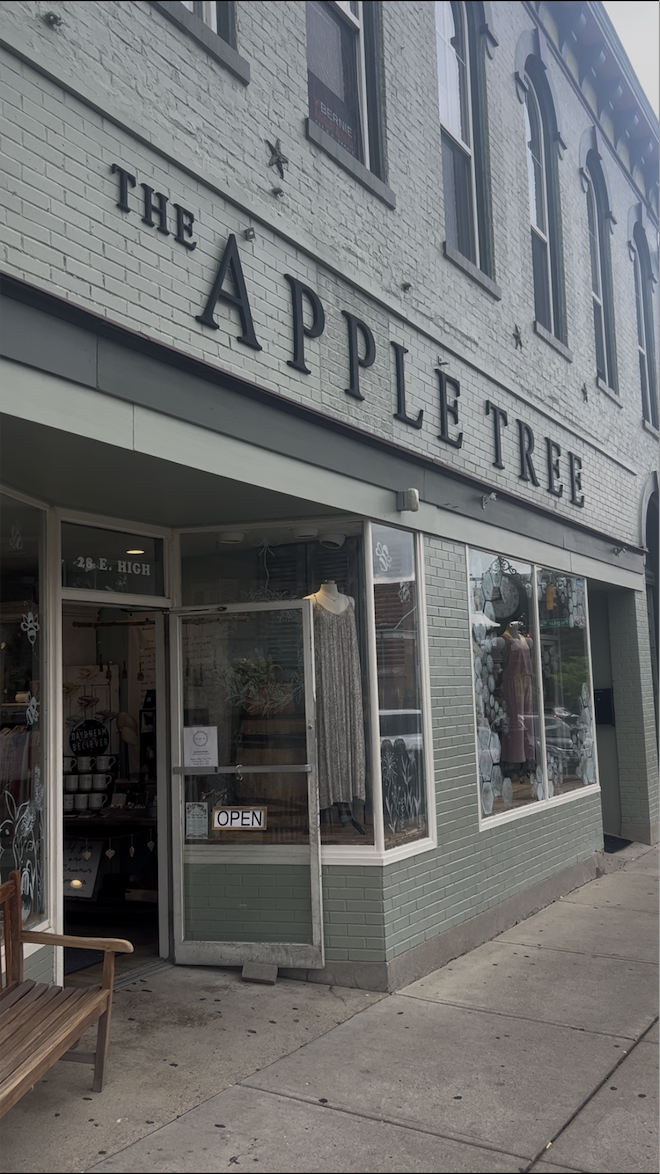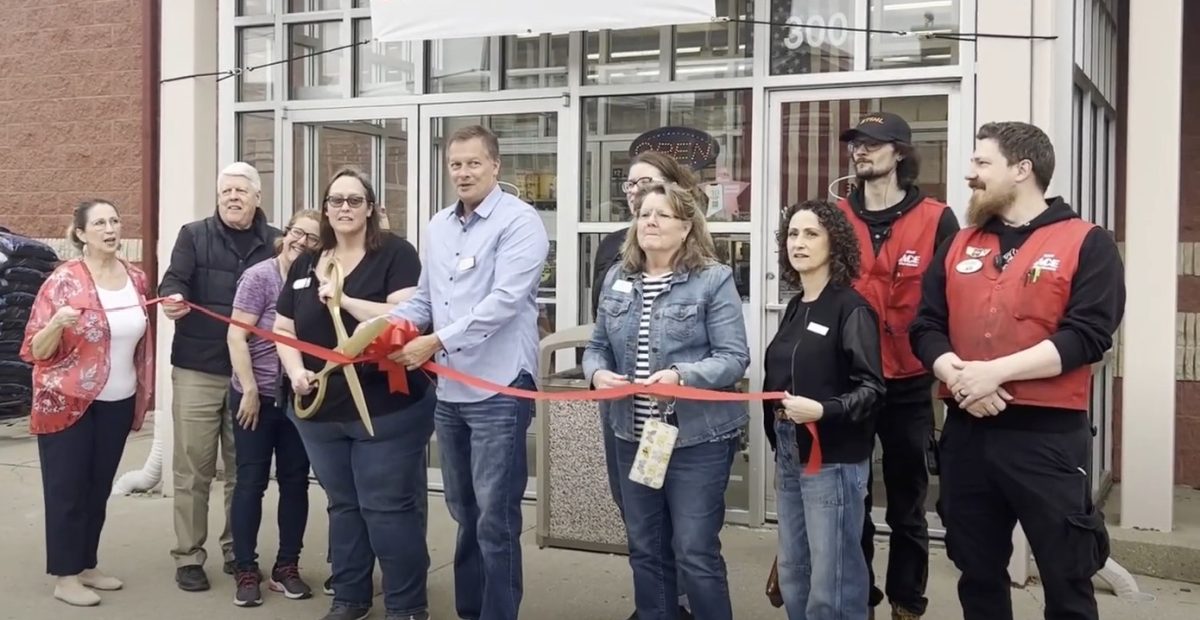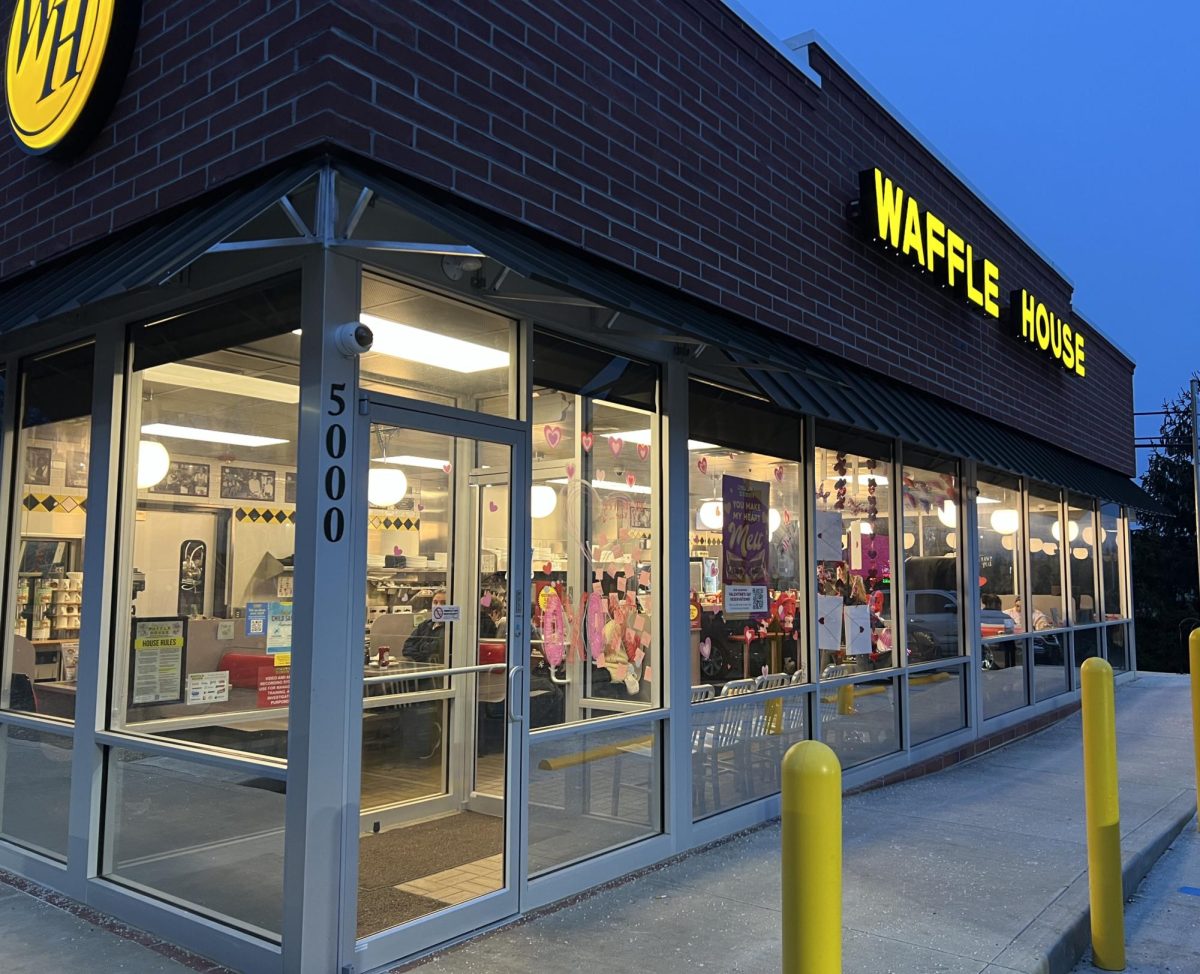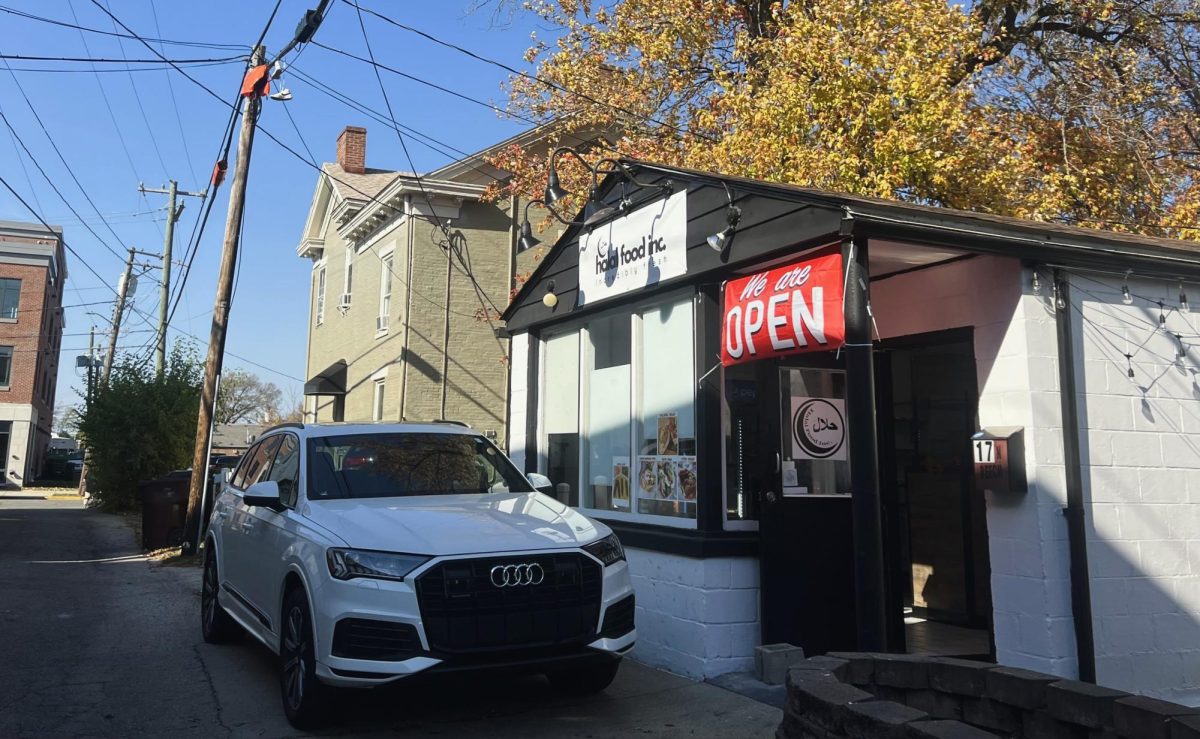Quarter Barrel Brewery & Pub, a restaurant and microbrewery operating since October 2010, abruptly closed its doors on Jan. 3. The business also closed its Hamilton location on the same day.
The business was reportedly having financial difficulties. Co-owner Brandon Ney declined to provide details other than to say he was hoping to negotiate a re-opening.
Employees at the two sites were laid off without notice. A note on the door of the Oxford location reads:
“Quarter Barrel Brewery & Pub is closing. To say that we are disappointed is an understatement. So many of you made us part of your lives over the last eight years, and we are grateful for your support and friendship. We will miss being together. Thank you for everything.”
A spokeswoman for Rodbro & Rodbro Investments LLC, who represent Quarter Barrel, declined to comment when contacted by the Observer, citing possible negotiations for a re-opening.
Since the closing, questions have arisen about what will become of the restaurant’s liquor permits.
“Should the liquor permit location become unusable due fire, tornado, flood, et cetera, the permit can be put into safekeeping (or put on hold) until the building is rebuilt or a new location is secured,” said Alan Kyger, economic development director for the city of Oxford.
He used Chunxi Kitchen, destroyed by fire last month, and 45 East, which closed three years ago, as examples of businesses that have their liquor permits in safekeeping.
The state of Ohio allows one on-premise permit for every 2,000 residents. Oxford has almost 23,000 residents which would allow the city to have 12 on-premise permits for each qualifying class (D1-D5 and D3a).
The permits authorize sale and consumption of alcoholic beverages on the premises of the business.
But Quarter Barrel operated with an A1c license because it actually brewed and sold its own beer. It also held an A1a permit, allowing it to sell other beers, wines and liquors.
“The city of Oxford was out of on-premise permits in 2010 when Quarter Barrel was being built,” Kyger said. But Ney was able to receive the A1a and A1c permits because they were not based on population, Kyger said.
In terms of the liquor license being sold, Kyger said that it can’t be sold or transferred to another establishment that is not a microbrewery.






